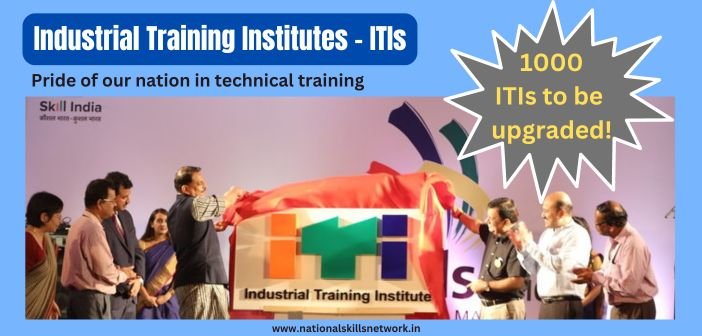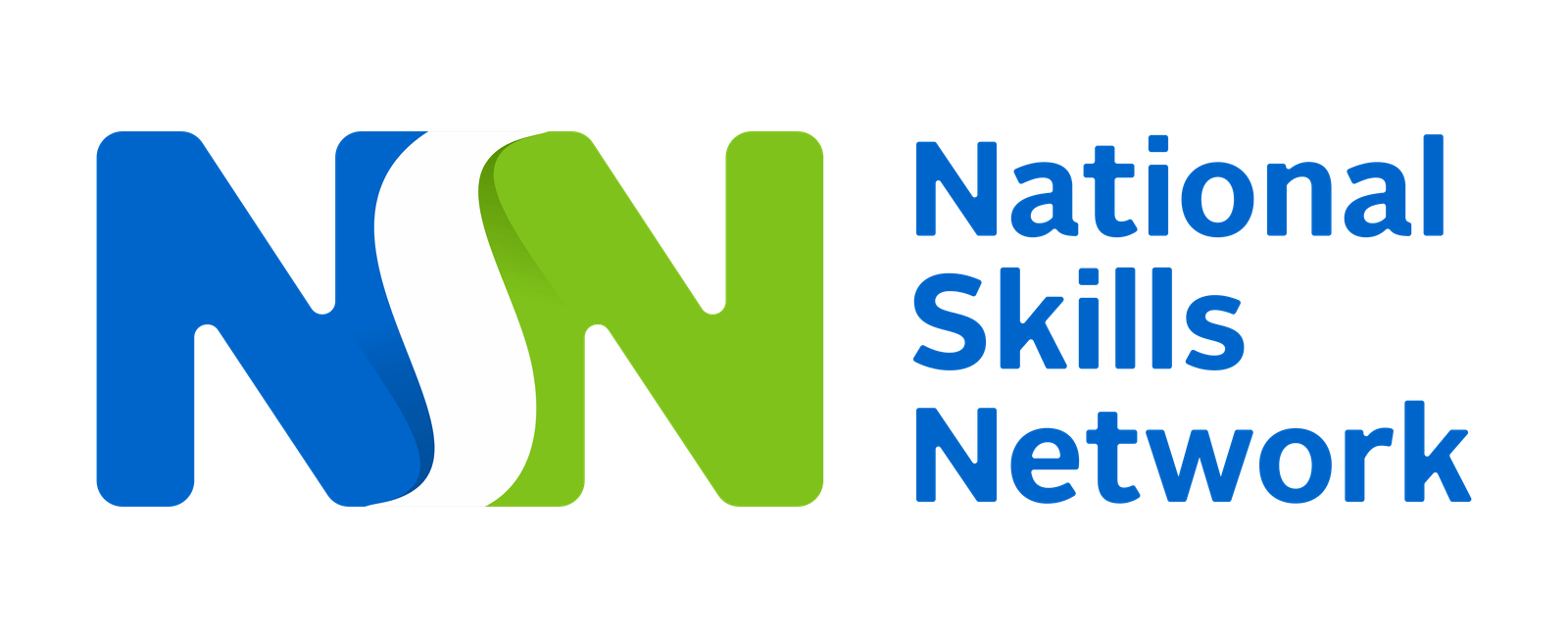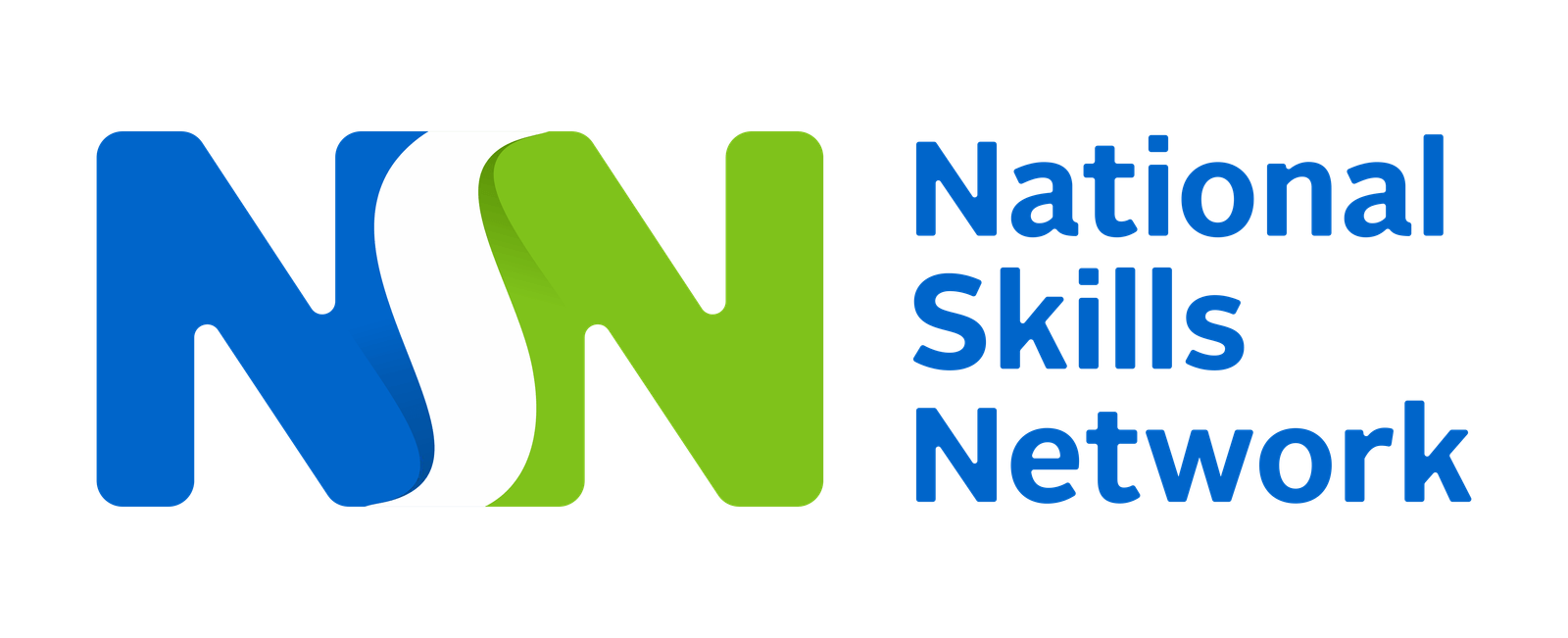India’s Industrial Training Institutes (ITIs) have played a vital role in shaping a skilled workforce for over 70 years, supporting industry demands and contributing to economic growth. With more than 14,000 ITIs in the country, they have been instrumental in providing vocational training, particularly in sectors like manufacturing and services.
Recently, the Ministry of Skill Development and Entrepreneurship (MSDE) introduced draft affiliation norms for a new category of “New Age ITIs,” which aim to strengthen the integration between industry and vocational training. These updated norms are designed to ease compliance burdens and foster continuous application processes, enhancing the relevance and appeal of ITIs. However, to truly unlock their potential, immediate and strategic actions are needed. In this article, Team NSN has conducted in-depth research and come up with immediate actions to drive meaningful change.
To learn more about these initiatives, watch our video below on the importance of ITIs.
The role of ITIs in India’s workforce development
ITIs have been instrumental in developing a robust pipeline of industry-ready professionals in various trades, including engineering, electrical, and mechanical sectors. However, there is an urgent need to rethink ITI programs, making them more attractive and relevant to today’s youth.
Key areas of focus include:
- Revamping course content to align with modern industry needs.
- Improving the quality and capacity of trainers to deliver updated skills.
- Raising awareness among students about the diverse career opportunities ITIs can offer.
Today, ITIs face the challenge of updating their functions to keep pace with new technologies, ensuring that their graduates are equipped with modern skills. The industry also has a significant role to play, especially in aligning curriculum development with the demands and investing in improving infrastructure.
Government initiatives to modernize ITIs
In response to the evolving job market, the government has launched several initiatives to modernize and strengthen ITIs. The Craftsmen Training Scheme (CTS) continues to be a cornerstone of vocational education, providing hands-on training in various trades.
MSDE has proposed substantial upgrades for ITIs. Key initiatives include:
- Transforming 200 ITIs into Centers of Excellence to provide specialized training.
- Implementing a hub-and-spoke model for another 800 ITIs to improve coordination among institutes.
- The Public-Private Partnership (PPP) model, which helps create future-ready curricula and enhance Trainer of Trainers (ToT) programs.
- The Vocational Training Improvement Project (VTIP), supported by the World Bank, and the STRIVE scheme, both focusing on capacity-building and infrastructure development.
Recently, the draft affiliation norms for “New Age ITIs” have emerged as a critical development, aimed at easing the compliance burden and facilitating industry partnerships. With the removal of the current mandatory requirement for four trades and no constraints on land requirements, these new ITIs can offer industry-relevant courses, including those for artificial intelligence, 5G technologies, and cybersecurity. This initiative aligns with the broader goals of the National Education Policy (NEP) 2020, which emphasizes the significance of vocational education in creating a skilled and capable workforce.
These efforts are crucial in moving towards a Skill India, ensuring that the country is equipped to meet the demands of the future workforce.

Strategic action points for upgrading ITIs
To ensure that ITIs remain competitive and relevant, several strategic actions must be taken immediately:
- Enhance ITI courses: ITI courses should not be perceived as dead ends but rather as valuable stepping stones to higher education and career growth. This can be achieved by introducing bridge courses and a credit system that allows students to continue their education after completing ITI programs. Incorporating the National Institute of Open Schooling (NIOS) bridge courses can create seamless pathways for further studies, making ITIs more attractive to prospective students.
- Align with local and global industry needs: ITIs must adapt their curriculum to meet the demands of local industries while also preparing students for global opportunities. By designing courses tailored to the specific needs of regional economies, ITIs can address the rich diversity of India’s workforce while ensuring students have the skills needed for both local and international job markets.
- Improve infrastructure and industry collaboration: Significant infrastructure upgrades are required to make ITIs more appealing and functional. Modern workshops, laboratories, hostels, and facilities for female students should be prioritized. Furthermore, collaboration with industries of all sizes—from MSMEs to large enterprises—can help align ITI curricula with the latest industry trends, technologies, and practical training requirements.
- Promote inclusivity: ITIs must adopt an inclusive and empathetic approach toward students from diverse social, financial, and demographic backgrounds. Courses should be developed with consideration for female students and persons with disabilities, ensuring equal access to vocational training and career opportunities for all.
- Strategic branding and outreach: ITIs need to undergo a thorough rebranding to improve their image and attract more students. A key part of this involves advocacy and outreach programs that highlight the success stories and achievements of students and trainers. By showcasing their innovations and accomplishments, ITIs can build a positive reputation and inspire greater enrollment.
- Engage parents and communities: Parents play a crucial role in influencing the career choices of their children. It is important to include them in outreach programs that educate families about the changing world of work, the opportunities in industrial training, and the advantages of vocational education. This can help shift societal perceptions and make ITIs more appealing to both students and their families.
Also read: ITIs in Madhya Pradesh: Enhancing Youth Employability
Key success factors for ITIs
Several key factors can drive the success of ITIs in the coming years:
- Outreach and engagement: To make ITIs aspirational for the youth, outreach efforts must focus on engaging students, parents, and communities. Highlighting success stories of ITI graduates and emphasizing the career paths and global opportunities available through vocational training will help shift societal perceptions.
- Training of trainers (ToT): Trainers are central to the success of ITIs. Investing in their capacity building through programs like the CITS initiative can enhance the quality of education and create a more dynamic learning environment for students.
- Advocacy and communication: There is an urgent need for sustained advocacy and communication to change societal perceptions of vocational education. ITIs must be portrayed not just as alternatives to formal education, but as vital contributors to economic growth and technological innovation.
Engaging parents and society for transforming ITIs
Parents play a critical role in shaping the career decisions of young people. How can we ensure they are fully informed about the opportunities vocational education provides? Outreach programs aimed at families can educate them about the changing job market, the high demand for skilled labor, and the benefits of ITI courses.
Similarly, how can society’s perceptions of ITIs evolve to reflect the modern workforce? By fostering a culture of respect and aspiration for technical education through targeted campaigns, community engagement, and inclusive programs, we can create a broader acceptance of ITIs as pathways to success.
As the backbone of India’s technical training ecosystem, ITIs have the potential to shape the future of our workforce and economy. However, this transformation demands a collective effort—where the government, industry, communities, and educational institutions come together to modernize infrastructure, align curriculum with industry demands, and improve public perceptions.
The journey toward making ITIs aspirational destinations for technical training can be realized through strategic actions. By enhancing the quality of education, incorporating advanced technologies, and fostering industry collaboration, ITIs can evolve into key players in preparing a future-ready workforce, making them centers of excellence for the next generation of skilled professionals.
Subscribe to our YouTube channel for more updates:
Subscribe on YouTube













